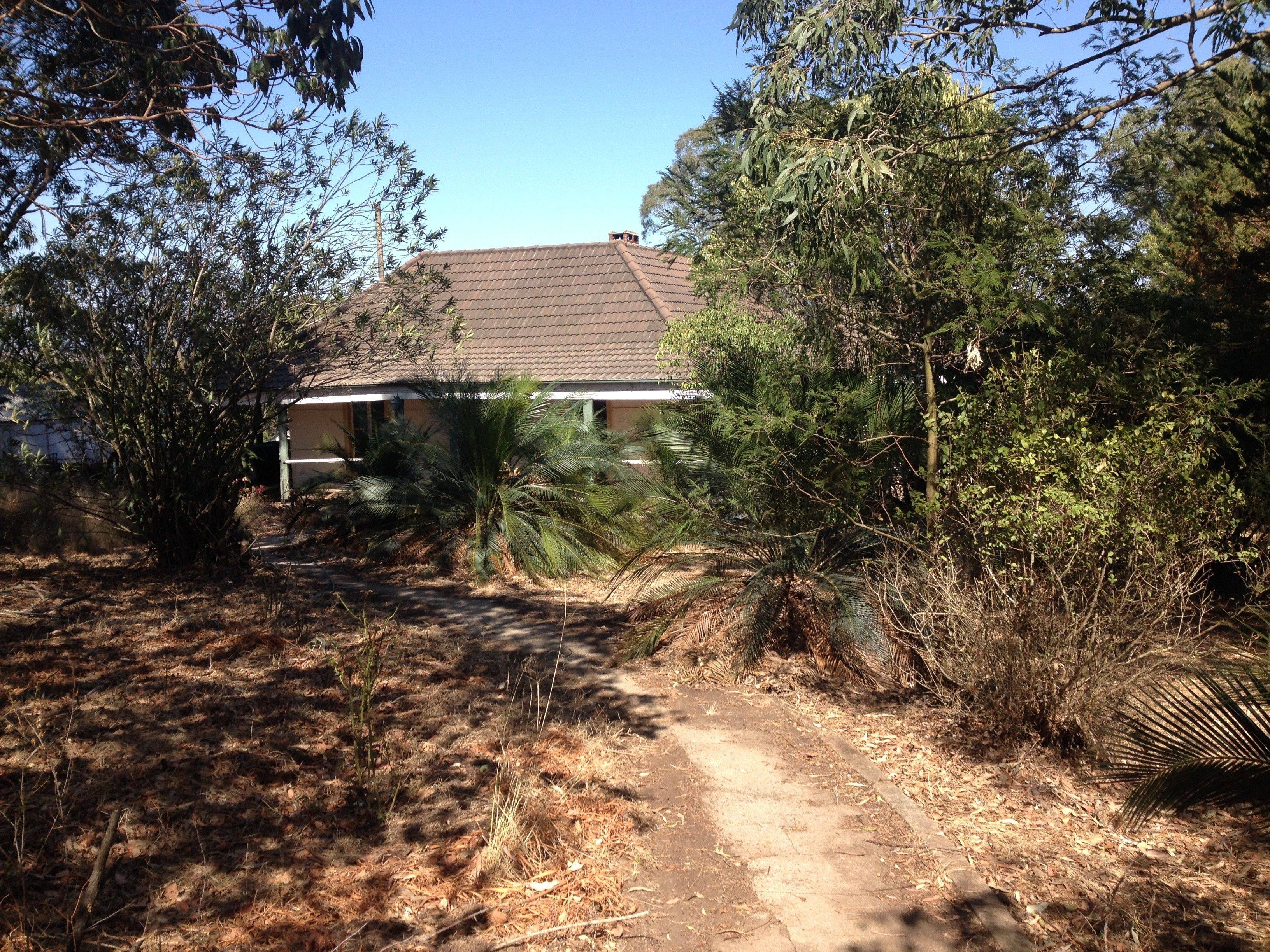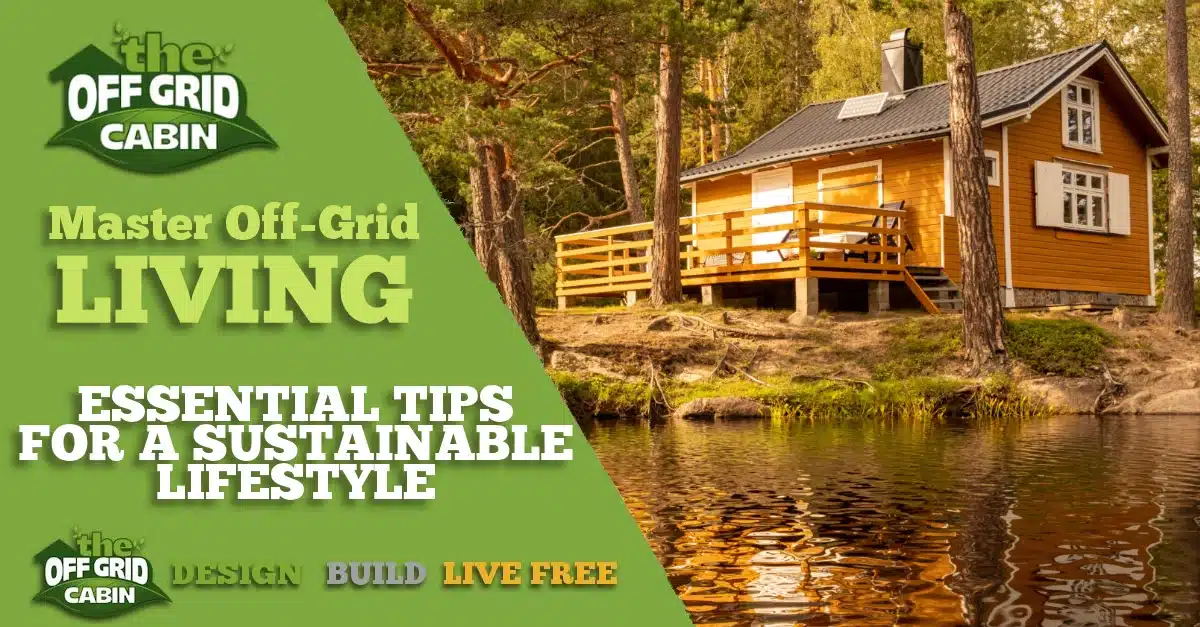Off Grid Living Community UK A Growing Trend
Off grid living community UK is experiencing a surge in interest, as individuals and families seek alternative lifestyles emphasizing sustainability and self-sufficiency. This burgeoning movement challenges conventional living, prompting exploration of legal frameworks, sustainable practices, community dynamics, and financial considerations crucial for establishing and maintaining thriving off-grid communities in the UK.
The UK’s unique regulatory landscape presents both opportunities and obstacles for those pursuing off-grid living. Navigating planning permissions, water rights, waste disposal regulations, and energy generation laws is crucial for legal compliance. Simultaneously, the adoption of renewable energy sources, water harvesting techniques, and sustainable waste management systems are essential for environmental responsibility and community longevity. Building strong social structures and developing robust conflict resolution mechanisms are vital for long-term community success, as are exploring viable income-generating strategies to ensure financial stability.
Sustainable Practices in Off-Grid UK Communities
Off-grid living in the UK presents unique challenges and opportunities for sustainable practices. Successfully navigating these requires careful consideration of energy production, water management, waste disposal, and food cultivation, all within the context of the UK’s often unpredictable climate. The following details several key strategies employed by thriving off-grid communities.
Renewable Energy Sources in the UK Climate
The UK’s climate, characterized by moderate sunlight and variable wind speeds, necessitates a diversified approach to renewable energy. Solar photovoltaic (PV) systems remain a viable option, though their output can be lower compared to sunnier climates. Supplementing solar PV with wind turbines, particularly small-scale systems suitable for individual homes or community hubs, can significantly improve energy independence. In areas with suitable topography, small-scale hydroelectricity generation from streams or rivers offers another sustainable alternative.
The feasibility of each source depends heavily on the specific location and its resources. For example, a community situated near a fast-flowing stream would benefit greatly from hydro, while a site exposed to prevailing winds would be better suited to wind power. Careful site assessments and professional advice are crucial for optimizing energy generation and minimizing environmental impact.
Water Harvesting and Conservation Techniques
Water scarcity is a potential concern for off-grid communities, regardless of location. Effective water harvesting and conservation strategies are essential. Rainwater harvesting, using appropriately sized and positioned guttering and storage tanks, provides a reliable source of water for non-potable uses like showering and toilet flushing. Greywater recycling systems, which reuse wastewater from showers and sinks after filtration, further reduce water demand.
Implementing water-efficient appliances and fixtures, such as low-flow showerheads and dual-flush toilets, minimizes water consumption. Furthermore, the strategic use of drought-resistant landscaping minimizes irrigation needs. For instance, a community might choose native plants that require minimal watering, reducing reliance on harvested rainwater for garden maintenance.
Sustainable Waste Management Systems
Effective waste management is critical for maintaining a healthy and sustainable off-grid community. Composting toilets, which convert human waste into compost, eliminate the need for traditional sewage systems. Anaerobic digestion can process organic waste from the kitchen and garden, producing biogas for cooking or heating. Careful sorting and recycling of other materials, such as glass, plastic, and metal, minimizes landfill waste.
Many successful off-grid communities actively engage in waste reduction strategies, prioritizing reusable items and minimizing packaging. For example, a community might implement a system of shared resources, reducing individual consumption and the associated waste generation.
Composting and Greywater Recycling System Design
A small off-grid community could utilize a two-stage composting system for human waste. The first stage involves a composting toilet that separates solids and liquids. The solids are composted using a thermophilic composting method, ensuring pathogen destruction. The liquid is channeled into a constructed wetland or a greywater filtration system. The greywater system would use a series of filtration stages, including a settling tank, a gravel filter, and possibly a biofilter, to remove pollutants before being used for irrigation.
Get the entire information you require about off grid living locations on this page.
This system requires careful design to prevent contamination and ensure safe reuse of the treated water. For instance, a detailed plan might include regular monitoring of the system’s effluent quality to ensure it meets safety standards for irrigation.
Permaculture Garden Design for Off-Grid Communities
A permaculture garden designed for an off-grid UK community should focus on climate-appropriate, locally sourced plants. This could include hardy vegetables like kale, cabbage, and root vegetables, as well as fruit bushes and trees suitable for the local climate. The design should incorporate techniques such as companion planting, crop rotation, and water harvesting to maximize yields and minimize resource use.
The use of hugelkultur beds, which incorporate decaying wood to improve soil fertility and water retention, can enhance soil health and reduce the need for external inputs. A diverse range of plants would also help create a resilient ecosystem that is less susceptible to pests and diseases. For example, a mix of herbs, nitrogen-fixing plants, and fruiting shrubs can create a mutually beneficial environment, promoting overall plant health and reducing the need for chemical interventions.
Economic and Financial Considerations of Off-Grid Living in the UK
Embarking on an off-grid lifestyle in the UK requires a thorough understanding of the associated financial implications. The initial investment can be substantial, and ongoing maintenance demands careful budgeting. However, potential income-generating activities can offset some expenses, making it a financially viable, albeit complex, undertaking.
Initial Investment Costs
Establishing an off-grid community in the UK necessitates significant upfront investment. Land acquisition, a crucial first step, varies drastically depending on location and size. Securing planning permission, often a lengthy and expensive process, is another major hurdle. The cost of constructing or adapting dwellings to be off-grid, including insulation, renewable energy systems (solar panels, wind turbines, perhaps even a micro-hydro system depending on the location), water harvesting and storage, and waste management solutions, represents a considerable expense.
Furthermore, purchasing essential tools and equipment for construction, farming (if applicable), and general maintenance adds to the initial outlay. A realistic estimate for a small community (e.g., 5-10 households) could range from £500,000 to well over £1 million, depending on the chosen level of self-sufficiency and the complexity of the infrastructure. This excludes the cost of purchasing existing buildings which might need significant renovation.
Ongoing Maintenance and Operational Expenses
The ongoing costs of maintaining an off-grid lifestyle are diverse and should be carefully considered. Regular maintenance of renewable energy systems is crucial, including panel cleaning, battery replacements, and potential repairs. Water systems require upkeep, including filter replacements and pump maintenance. Waste management, whether composting toilets or septic systems, incurs ongoing costs. Heating costs, even with efficient insulation and renewable energy sources, are still a factor.
Repair and replacement of equipment, whether for farming, crafting, or general household use, represent an ongoing expenditure. Insurance costs might also be higher compared to conventional living due to the unique nature of off-grid properties and systems. A comprehensive annual budget for these maintenance and operational expenses is essential for the long-term sustainability of the community.
Potential Income-Generating Activities
Off-grid communities can explore diverse income-generating activities to offset expenses and potentially create a sustainable economic model. Agricultural pursuits, such as growing vegetables, fruits, or raising livestock, can provide food security and generate income through local sales or farmers’ markets. Crafting and artisanal goods, produced using locally sourced materials, can be sold online or at local craft fairs.
Tourism, if the community is strategically located and offers unique experiences (e.g., workshops on off-grid living, nature walks, or guided foraging tours), can be a significant revenue stream. Providing services to other off-grid communities or nearby settlements (e.g., repairs, maintenance, or skilled labour) also presents viable income opportunities.
Financial Benefits and Drawbacks Compared to Conventional Living
The financial benefits of off-grid living primarily lie in reduced reliance on external energy and water supplies, potentially leading to lower utility bills. Self-sufficiency in food production can also decrease grocery expenses. However, the initial investment and ongoing maintenance costs can be significantly higher than the costs associated with conventional living. The uncertainty of income from alternative activities adds another layer of complexity.
Furthermore, access to credit and financial services might be more challenging for off-grid communities. A thorough cost-benefit analysis, considering both short-term and long-term financial implications, is essential before committing to this lifestyle.
Budget Template for a Small Off-Grid Community
| Category | Initial Investment (£) | Annual Operational Costs (£) | Annual Revenue (£) |
|---|---|---|---|
| Land Acquisition | 150,000 | 0 | 0 |
| Building/Renovation | 300,000 | 5,000 | 0 |
| Renewable Energy Systems | 50,000 | 2,000 | 0 |
| Water Systems | 20,000 | 1,000 | 0 |
| Waste Management | 10,000 | 500 | 0 |
| Farming/Crafting Equipment | 10,000 | 1,000 | 15,000 |
| Other Initial Costs | 20,000 | 0 | 0 |
| Total | 560,000 | 9,500 | 15,000 |
Note
This is a simplified example, and actual costs and revenues will vary significantly depending on various factors. This budget assumes some income generation from farming/crafting.
Technological Aspects of Off-Grid Living in the UK: Off Grid Living Community Uk
The successful implementation of off-grid living in the UK heavily relies on appropriate technology choices. These technologies must not only provide essential services but also do so sustainably and efficiently, minimizing environmental impact and maximizing resource use. This necessitates a careful consideration of energy generation, storage, water management, and communication systems, all while integrating smart technologies to optimize resource allocation.
Energy Storage Solutions for Off-Grid Homes, Off grid living community uk
Effective energy storage is crucial for off-grid living, ensuring a consistent power supply regardless of weather conditions or intermittent renewable energy sources. Several technologies are employed, each with its own advantages and disadvantages. Deep-cycle lead-acid batteries remain a common, cost-effective option, though they have a shorter lifespan compared to newer technologies. Lithium-ion batteries, while more expensive upfront, offer higher energy density, longer lifespan, and better efficiency.
Other emerging technologies, such as flow batteries, are being explored for their potential to handle larger-scale energy storage needs within off-grid communities. The choice often depends on the scale of the community and individual household energy demands.
Water Purification and Management Systems
Access to clean drinking water is paramount. Off-grid communities often utilize a combination of rainwater harvesting and water filtration systems. Rainwater harvesting involves collecting rainwater from roofs and storing it in tanks for later use. This stored water then undergoes filtration, typically using multi-stage systems incorporating sediment filters, charcoal filters, and ultraviolet (UV) sterilization to remove contaminants and ensure potability.
Some communities may also employ reverse osmosis (RO) systems for more thorough purification, especially if the source water is heavily contaminated. Efficient water management practices, including greywater recycling and water-efficient appliances, are also essential to minimize water consumption.
Smart Home Technologies for Resource Optimization
Smart home technology plays a vital role in optimizing resource management within off-grid homes. Smart meters accurately monitor energy and water consumption, providing real-time data to residents. This allows for informed decision-making, identifying areas of high consumption and enabling adjustments to reduce waste. Smart thermostats can automate heating and cooling systems based on occupancy and external temperatures, minimizing energy use.
Smart irrigation systems can optimize watering schedules for gardens, reducing water waste. The integration of these technologies facilitates a more sustainable and efficient lifestyle.
Communication Technologies for Off-Grid Communities
Reliable communication is essential for safety and community cohesion. Satellite internet offers a solution in areas with limited or no terrestrial network coverage. However, it can be expensive and reliant on clear line-of-sight to the satellite. Mesh networks, on the other hand, offer a more localized and potentially cost-effective solution, particularly for smaller communities. Mesh networks create a self-healing network where nodes communicate with each other, distributing the load and enhancing resilience.
A hybrid approach, combining satellite internet for broader connectivity with a mesh network for local communication, could offer a robust and efficient solution.
Energy and Water Consumption Monitoring System
A comprehensive monitoring system is crucial for managing resources effectively within an off-grid community. This system would involve installing smart meters in each household to track energy and water usage. Data from these meters would be collected centrally, potentially using a local server or cloud-based platform. The system would generate reports showing individual household consumption as well as community-wide trends.
This data can be used to identify areas for improvement, educate residents on resource conservation, and inform community-wide energy and water management strategies. Real-time alerts could also be implemented to notify residents of unusually high consumption, potentially indicating leaks or equipment malfunctions.
The rise of off-grid living communities in the UK highlights a growing desire for sustainable and self-sufficient lifestyles. While challenges exist in navigating legal complexities and ensuring financial viability, the potential rewards—a strong sense of community, environmental stewardship, and a deeper connection with nature—are attracting increasing numbers of individuals and families. The future of off-grid living in the UK depends on a careful balance of legal compliance, sustainable practices, and strong community bonds, promising a unique model for future living.



